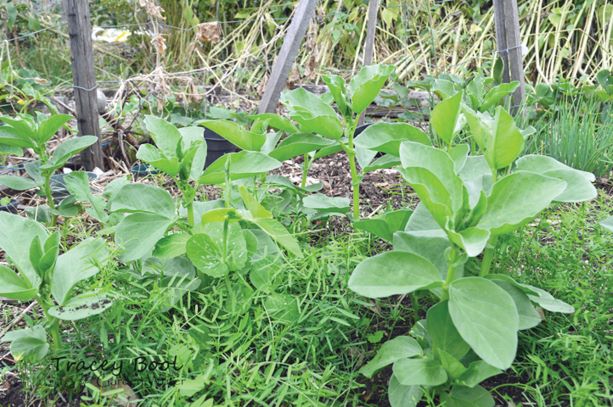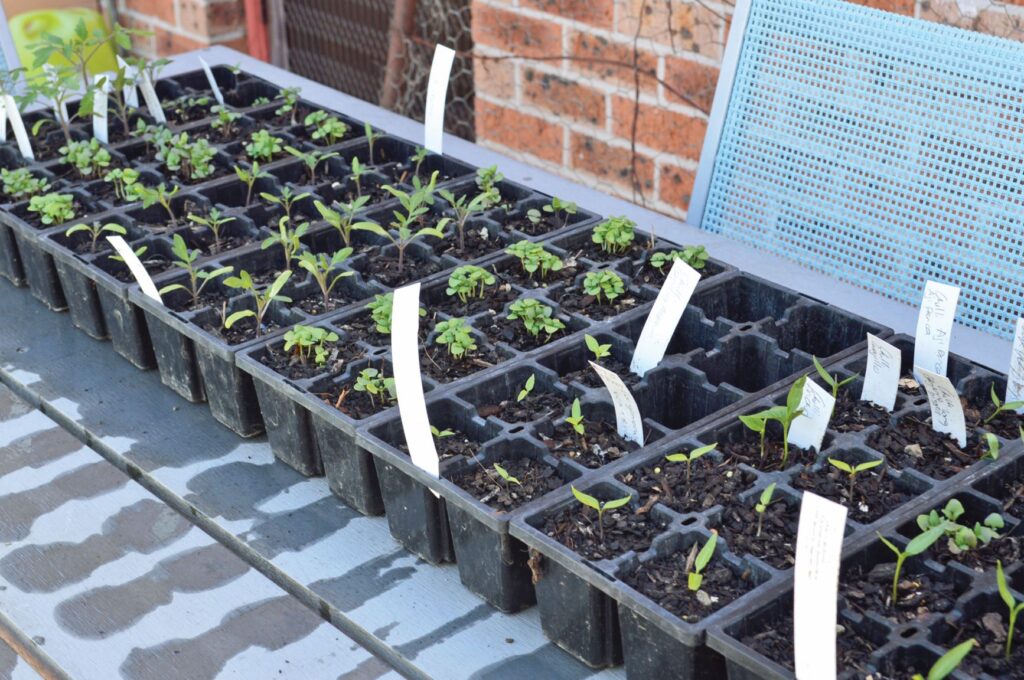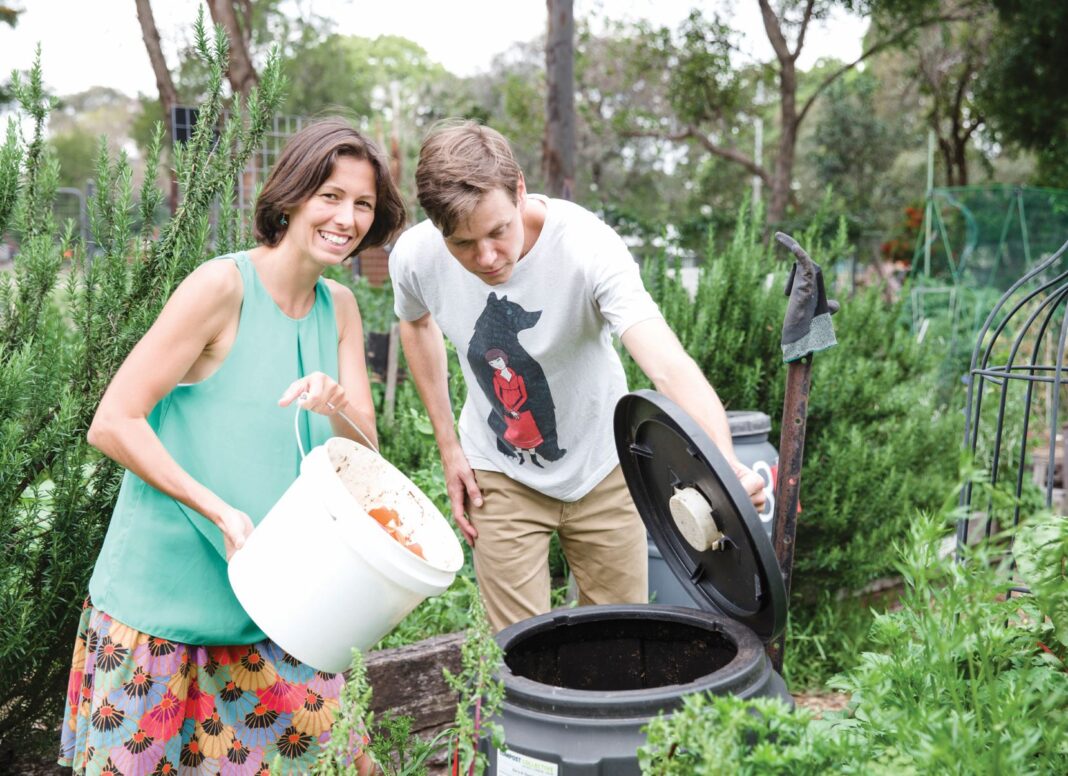Since its launch in November 2016, ShareWaste has been steadily growing and connecting new community members. The initiative was started by Eli Bramborova and Tomas Brambora, who were frustrated about the amount of organic waste they sent to landfill each week and decided to take action.
The free ShareWaste app connects people who wish to recycle their kitchen scraps with gardeners, farmers, chicken keepers and many community places. In Canberra and surrounds, there are already 350 members who know that organic waste is a fantastic resource for their garden soil or farm animals. Anybody can register as a compost host or a scraps donor. Registered scraps donors contact their local compost host via the app and arrange the details of the first scraps drop-off.
“It makes my day to hear the chooks I’m donating my veggie scraps to are loving the extra variety in their diet. Anything they don’t eat is tossed into compost. With no space for my own compost, worm farm or chooks, I was stoked to find this app that made it so easy to locate somewhere close by I could donate to,” says Ginni Glyde on the ShareWaste Facebook page [@ShareWaste].
ShareWaste’s mission is to connect people and that is why they have recently partnered up with Dr Bethaney Turner from the University of Canberra. The aim is to take a closer look at community composting and to better understand the problem of food waste.
For more information, visit sharewaste.com or email [email protected]

In the garden this week
Planting
- There’s still time to plant summer vegetable seedlings in the garden.
- Acclimatise plants somewhere protected for a few days before planting, as it’s likely they have been grown in glasshouse conditions and that outdoor life will be a shock otherwise.
Summer watering
- Keep soils and potting mixes reliably watered.
- Deep watering less often develops more robust plants.
- Apply water to the base of plants to preserve as much moisture as possible and reduce chances of introducing fungal-borne diseases.
- Water first thing in the morning or after weather has cooled in the evenings to reduce evaporation and prevent burning foliage.
- To ensure any rainfall we do receive soaks into the soil, aerate soil with a garden fork or similar, and loosen existing mulches (be careful of sensitive plant roots).

Protect your garden from the heat
- Maintaining plant health increases resilience, as does utilising homemade soil improvers, such as compost and worm castings.
- Use cloches to reduce intensity of heat, sunlight and wind, and to significantly increase harvest potential.
- Consider long-term measures of plant protection such as windbreaks and other landscape structures.
- Include bodies of water in the garden landscape to reduce fluctuations in temperature.
Use mulch
- Mulching your soils helps plants better tolerate adverse weather events than their non-mulched neighbours.
- Organic mulches such as lucerne hay, straw and green manures* are ideal as they improve soil fertility and structure as well as maintain moisture levels.
- Low-cost chop and drop/green manure crops are perfect for idle beds.
* Green manures are fertile living mulches such as lupins or peas, which are cut to ground level once they have started to flower. They can be left on the soil’s surface or dug in and planted into once composted.
For more:



